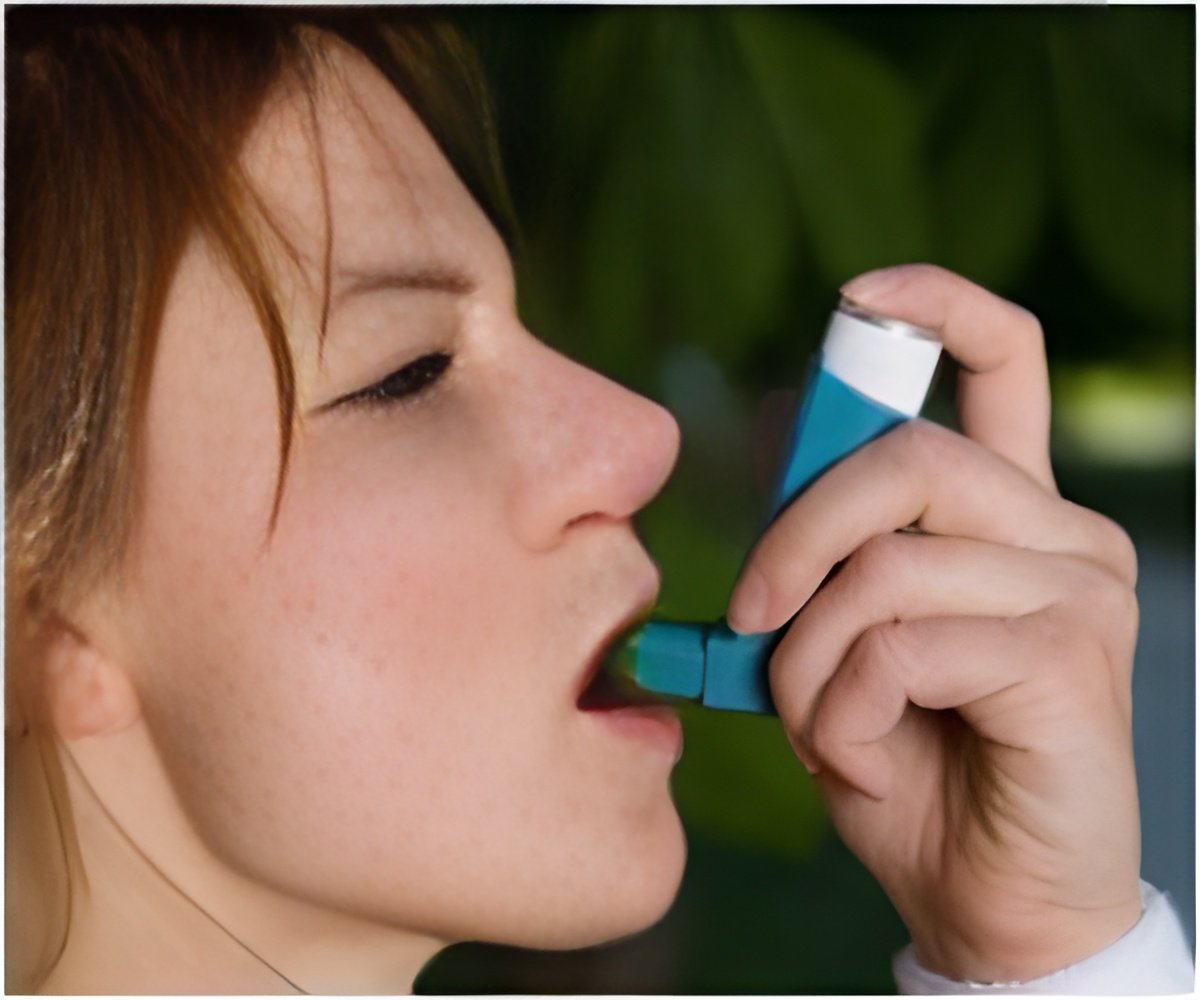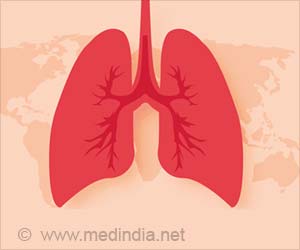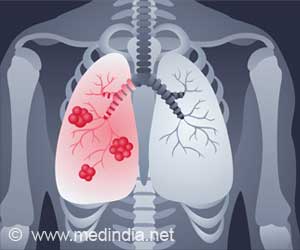
‘About 20–40% of adults with COPD symptoms but who aren’t diagnosed with COPD use these types of long-lasting inhalers.’
Tweet it Now
“We’ve assumed these medications worked in patients who don’t meet lung function criteria for COPD, but we never checked,” said MeiLan K. Han, M.D., a principal investigator and first author of the study. “We now know these existing medications don’t work for these patients.” The findings of the study, which was funded by the National Heart, Lung, and Blood Institute (NHLBI), were published in the New England Journal of Medicine and simultaneously presented at the European Respiratory Society International Congress.
Inhalers for COPD
According to scientists, the implications are significant. First, they show the importance of diagnosing lung conditions through spirometry, a lung function test Han noted is underutilized in clinical practice. Second, they show the need for new, effective therapies for patients without COPD.Inhalers have long been the primary go-to treatment for these patients, she explained, because doctors either assume a patient has COPD, or if they don’t, that their smoking-related symptoms could be helped by the inhalers. But while tobacco smoking causes a large spectrum of lung damage, the study showed bronchodilator therapy only helps patients with enough lung damage that would result in abnormal spirometry readings.
In the 12-week, randomized, double-blinded study, which was part of the Redefining Therapy in Early COPD for the Pulmonary Trials Cooperative (RETHINC), researchers enrolled 535 adults with symptoms of COPD, ages 40-80, at one of 20 U.S. medical centers. Twice each day, study participants used an inhaler that contained either medication or a placebo.
By the end of the trial, some adults in the medication (intervention) and placebo (control) groups saw slight respiratory improvements – this could mean they coughed less, produced less phlegm, or felt less winded – which was assessed through the St. George’s Respiratory Questionnaire. However, the researchers found no significant differences between those receiving medication or placebo. They reported 56% (128 of 227) of participants who received the medication saw respiratory symptom improvements, compared to 59% (144 of 244) of those who took the placebo.
Advertisement
Source-Eurekalert










